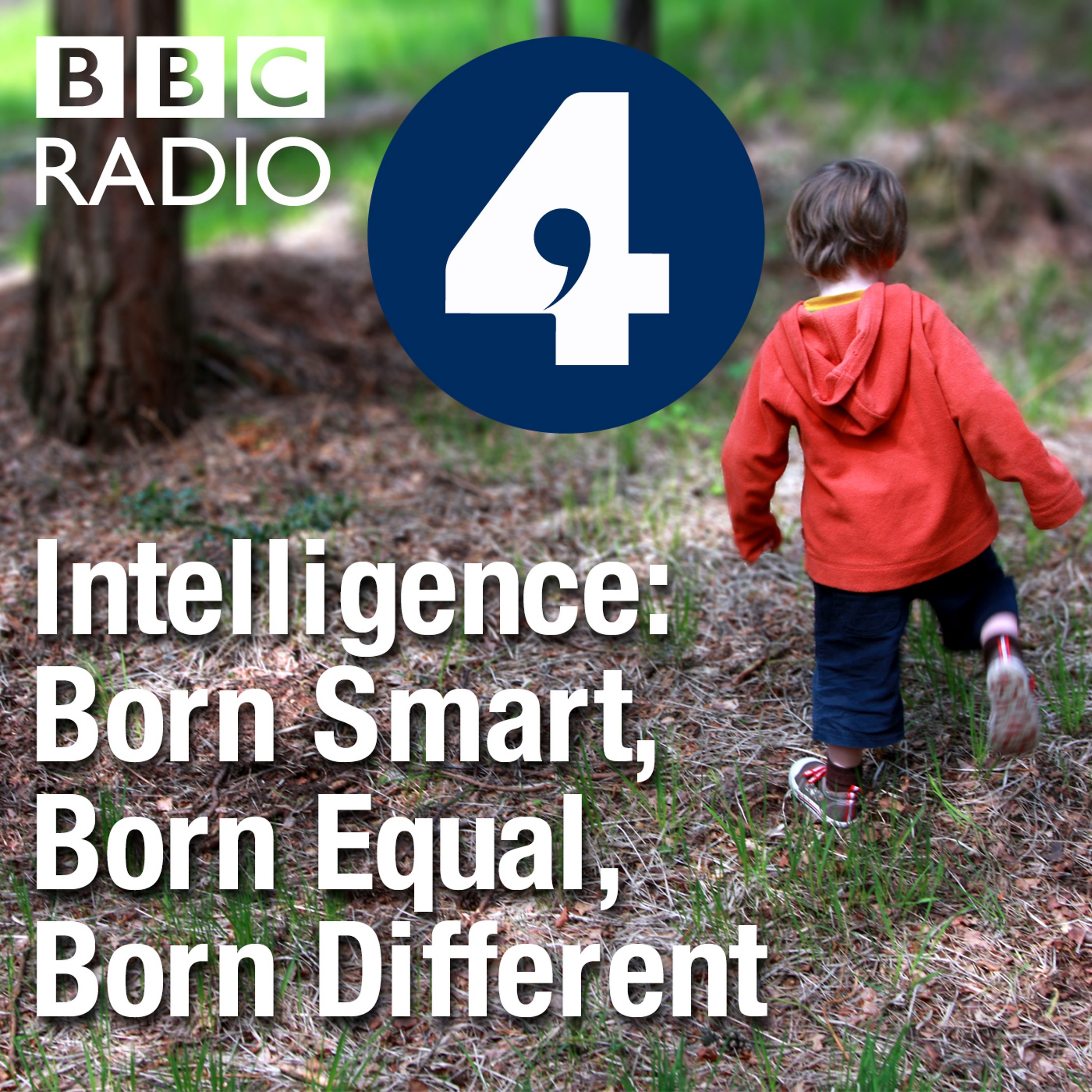Born Equal
Description
In this the second part of his investigation of the rise, fall and rise of the genetics of intelligence, Adam Rutherford explores an era post World War Two when behavioural genetics fell far from grace. The social not biological sciences reigned supreme in the the study of intelligence and differences between children were attributed to nurture not nature.
Adoption studies were conducted to demonstrate the power of different home or school environments to transform lives.
More recent studies, however, reveal that nurture is not what most of us imagine. Parenting accounts for just a small part of the variation between children's academic performances. The environment in the womb is as important, if not more so, than conditions at home or in the classroom. Not to mention the role of chance.
More Episodes
Adam Rutherford asks what, in the future, the genetics of intelligence could mean for educational policy. Are we right to fear streaming at birth? Or could an understanding of the genetics of intelligence be used to promote the kind of society we wish to live in.
Published 05/13/14
Published 05/13/14
To say one's child might be brighter than the norm is obnoxious. To suggest it's genetic, just adds insult to injury. To publish scientific findings confirming that the reason some children do better than others at school is due to differences in their DNA, is controversial. Share these findings...
Published 04/29/14


